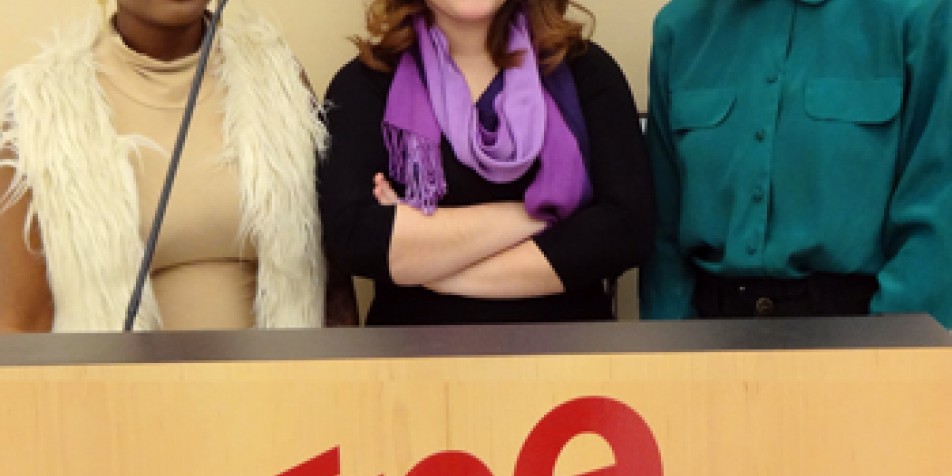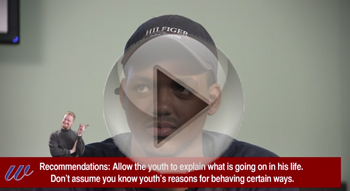Youth-Led Video Project Tackles Communication, Placement Issues for Older Foster Care Youth

“They kept trying to place me with family, which I didn’t want. I didn’t feel like I had a voice in choosing my placements.”
This sentiment was echoed by several members of Youth Fostering Change who participated in a youth-led panel discussion on foster care earlier this month. As one youth advocate pointed out, one of the key topics during the discussion was the focus of a recent Youth Fostering Change project: many teens and young adults in foster care struggle with their placements.
|
The guides and video project reminds caseworkers and caregivers that these young people are more than just "foster youth" - they are just like any other young adult who is still growing up. |
Foster care placements often don’t make room for young people to live like any other teen or young adult. Many young people choose to leave care at age 18 because their placements don’t offer age-appropriate rules or opportunities. Furthermore, ineffective communication is often a barrier to finding appropriate placements and help youth plan for their futures.
The 2013-2014 Youth Fostering Change advocates recently addressed this issue in a multimedia project. They tackled the issue on two fronts: finding ways to better incorporate the foster youth’s input into placement decisions and improving communications and relationships between older youth and their caseworkers and caregivers.
The youth advocates created two printable tools designed to help caseworkers make more age-appropriate recommendations for placements. In addition, members of Youth Fostering Change wrote and starred in The Willy Show, an episodic, talk-show style video project that illustrates the key recommendations included in the youth-developed tools.
The goal of the entire project was to better identify an individual teen’s needs in order to select more age-appropriate living arrangements that nurture supportive relationship building and also prepare youth for success as adults by allowing them to pursue their educational and career interests. By translating common youth behaviors and communication styles, The Willy Show reminds caseworkers and caregivers that these young people are more than "foster youth" – they are just like any other young adult who is still growing up.
To download the printable tools, click here. To see more episodes of The Willy Show, click here.
